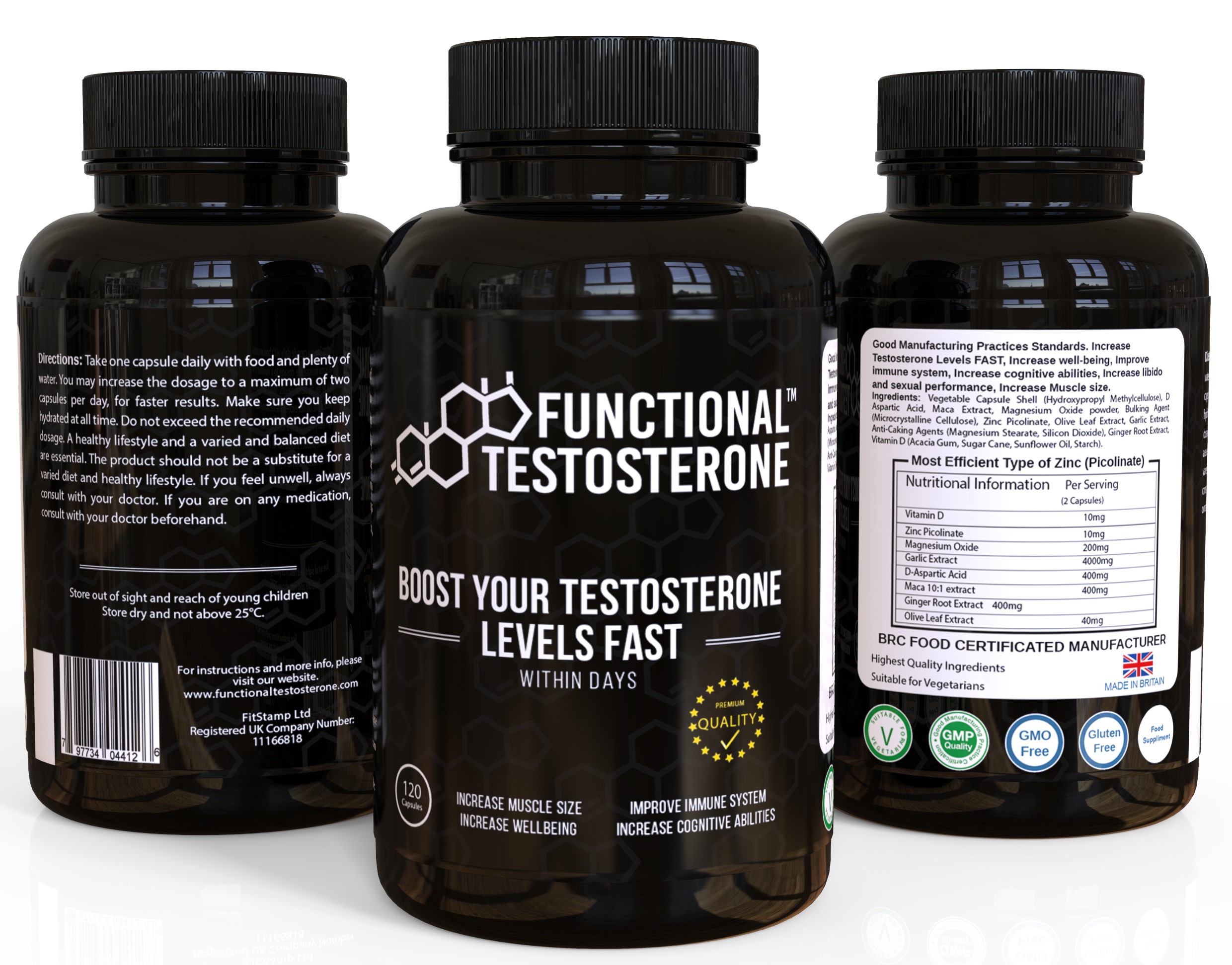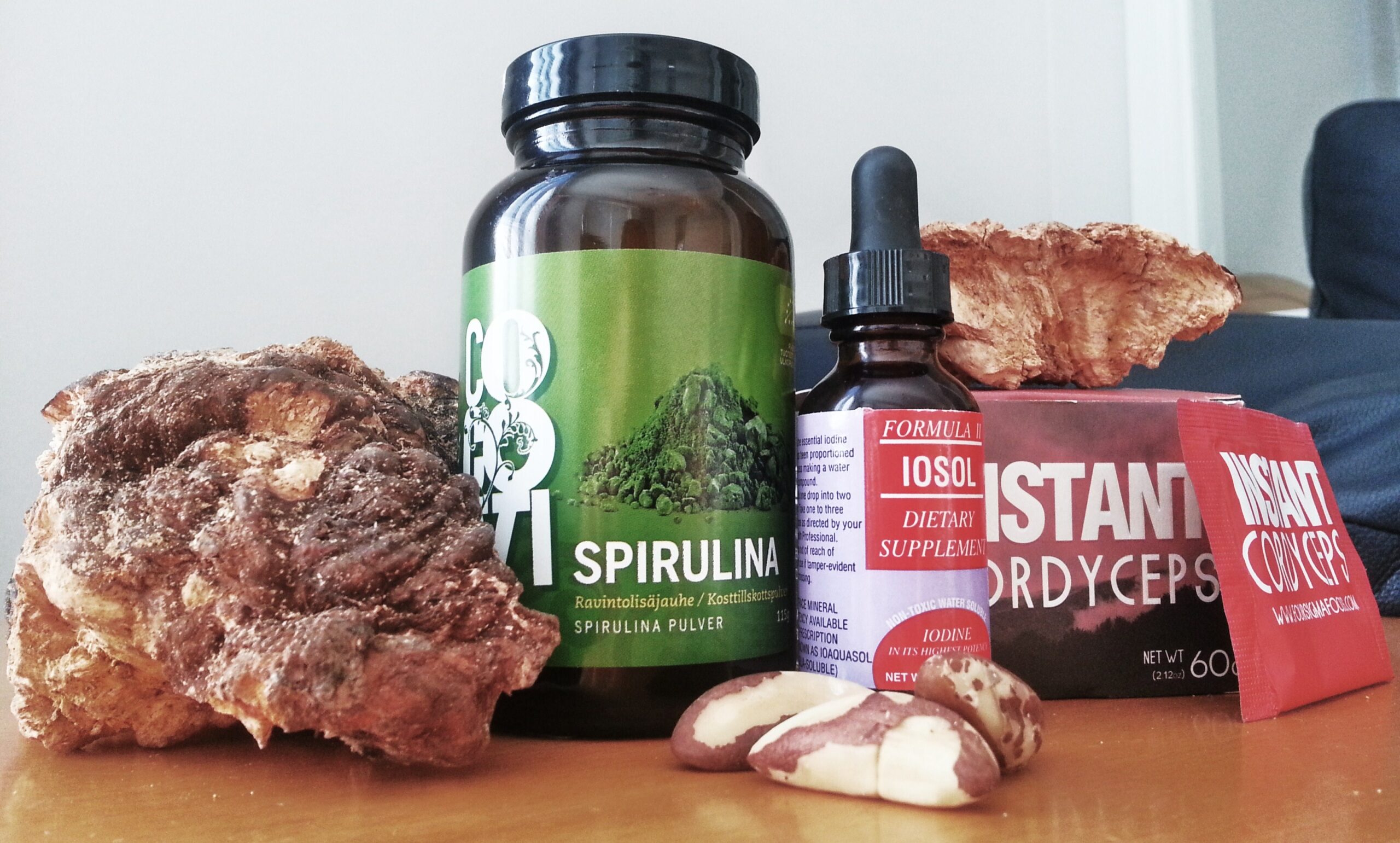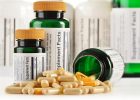Libido fluctuations are to be expected, particularly as you age. Although your sex drive can be affected by your diet, drugs, and stress, physiology can also play a role. The hormone testosterone, which increases sexual appetite, sperm production, bone density, and muscle mass, may be to blame. You might lose interest in sex as your level drops, or you might not perform as well sexually as you’d like. A decline in sexual desire can lead to depression and have an effect on personal relationships. It’s only rational to want to take action.

Your main sex hormones are testosterone and estrogen. Both men and women contain testosterone, but men produce it in greater amounts. A woman’s body, on the other hand, produces more estrogen than a man’s. As a boy grows older, his testosterone levels rise. It is responsible for the maturation of sex organs, the growth of body and facial hair, the development of larger muscles, and the development of deeper voices. It also aids in the processing of sperm. Testosterone levels fluctuate during the day, peaking in the early morning. Furthermore, levels fluctuate over your life and decrease every ten years, normally 1–2% every year after the age of 30. This may indicate a lack of interest in sex later in life, as well as less strong erections and weaker muscle tone.
Hypogonadism is a disorder in which the body produces insufficient testosterone on its own. Hypogonadism is typically treated with testosterone replacement therapy. Supplements, on the other hand, aren’t proven to help. People with signs of testosterone deficiency should be offered testosterone therapy, according to the Endocrine Society. Treatment for men over 65 should only be begun after a detailed review of the risks and benefits with the client. Furthermore, a review of 156 placebo-controlled trials conducted between 1950 and 2016 found no benefits for sexual, physical, or cognitive activity, mood, or cardiovascular health.

Supplementing with testosterone can trigger more problems than they solve. There’s a correlation between supplements and heart attacks, according to studies. When men over 65 used testosterone gel, they had more heart attacks, according to one study. Another research found that taking testosterone supplements raised the risk of heart attacks in both a group of men under 65 with a history of heart problems and a group of heart-healthy older men. Furthermore, despite conflicting evidence, testosterone replacement therapy may raise your risk of prostate cancer and cardiac problems.
Testosterone therapy, like most supplements and drugs, has complications and side effects. This is especially true if you’re taking it to treat natural aging rather than a disease. There are a number of causes for a decline in sex drive. Low testosterone levels, as well as life pressures or relationship issues, may be the cause. Testosterone supplements can increase sex drive in some people, but ask your doctor for a testosterone test to see if supplementation is right for you. Supplements have been related to prostate cancer and cardiovascular problems. For more info, you can check these ultimate male testosterone booster reviews.




